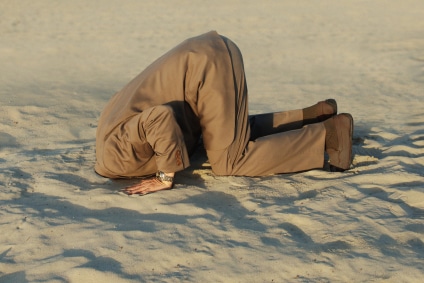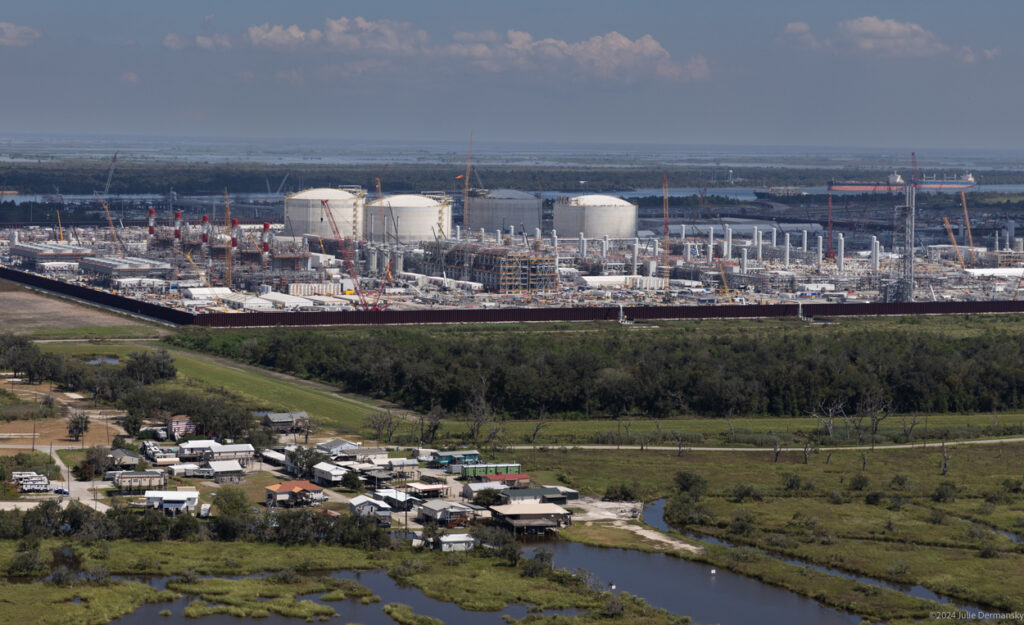The magazine New Scientist has devoted a special issue to the “Age of Denial,” including a lot of examples of climate deniers’ efforts to distort and attack climate science.
DeSmogBlog’s own Richard Littlemore has an essay in the issue entitled “Living in denial: How corporations manufacture doubt,” which discusses how polluting industries have followed the tobacco playbook in order to confuse the public about climate change.
Littlemore writes:
“The doubt industry has ballooned in the past two decades. There are now scores of think tanks pushing dubious and confusing policy positions, and dozens of phoney grass-roots organisations created to make those positions appear to have legitimate following.”
Michael Shermer, publisher of Skeptic magazine and columnist for Scientific American, explains the difference between a skeptic and a denier in his piece titled “When a sceptic isn’t a sceptic,” noting that:
“A climate denier has a position staked out in advance, and sorts through the data employing “confirmation bias” – the tendency to look for and find confirmatory evidence for pre-existing beliefs and ignore or dismiss the rest. …
Science is scepticism and good scientists are sceptical.
Denial is different. It is the automatic gainsaying of a claim regardless of the evidence for it – sometimes even in the teeth of evidence. Denialism is typically driven by ideology or religious belief, where the commitment to the belief takes precedence over the evidence. Belief comes first, reasons for belief follow, and those reasons are winnowed to ensure that the belief survives intact.”
New Scientist correspondent Jim Giles notes in his piece “Unleashing a lie,” that is very difficult to counter lies once they appear in print:
“Once released into the wild, erroneous statements follow predictable routes into acceptance or obscurity, driven by well-known psychological processes.”
He also discusses confirmation bias, “the natural tendency to seek out and believe evidence that fits with our preconceived ideas while ignoring or dismissing the rest.”
Interestingly, Giles notes that forcing corrections doesn’t always solve the problem, noting that “attempts to tackle denial can end up entrenching it.”
Michael Shermer closes out the issue with “The truth is our only weapon,” a piece that raises the important question of what to do “where scepticism morphs into denialism” and you encounter those “who, after their claim has been fully discussed and thoroughly debunked, continue to make the claim anyway?”
Shermer says that, on balance, it is important to keep correcting deniers’ lies.
“Those who are in possession of the facts have a duty to stand up to the deniers with a full-throated debunking repeated often and everywhere until they too go the way of the dinosaurs.”
Check out the web version of “Age of Denial” issue at the New Scientist.
Subscribe to our newsletter
Stay up to date with DeSmog news and alerts







